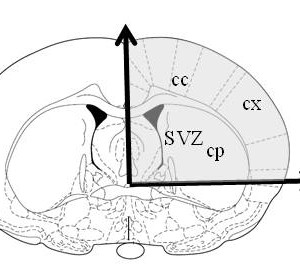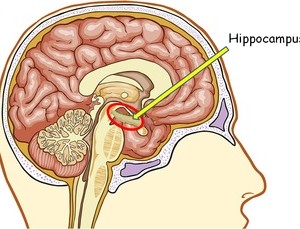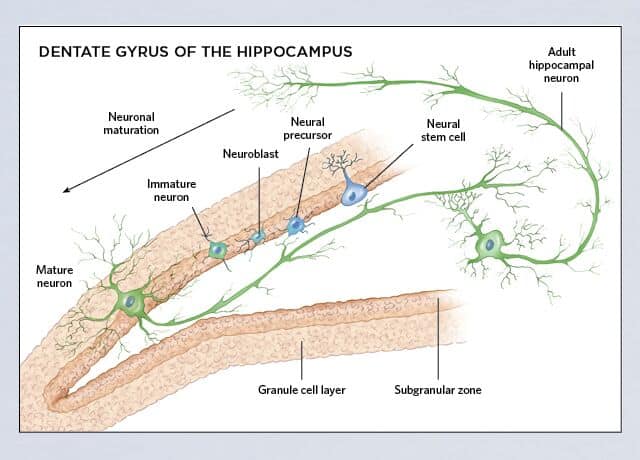Did you know that you could grow new brain cells? You can! It is through a process called neurogenesis! Here is how you can do it.
The definition of neurogenesis is the growth and development of nervous tissue. It is essentially the birth of new neurons from neural stem or progenitor cells in the brain. Certain environmental factors can either speed up, or slow down neurogenesis. The creation of new brain cells was always thought to be impossible. Due to the discoveries of many different neuroscientists around the world, we know that it is in fact, possible!
Neurogenesis takes place in two parts of the brain; Subventricular zone and the Hippocampus. These parts of the brain play a key role in the formation of cognitive pathological disorders like anxiety, depression, and addiction. It also plays a key role in the development of neurodegenerative diseases like Parkinson’s. In cases like this, neurogenesis is a perfect combat. Parkinson’s is a neurodegenerative disease, meaning that the production of new brain cells has ceased or decreased rapidly. Neurogenesis is the formation of new brain cells, making it ideal for diseases like Parkinson’s. To reverse the process of diseases like this, we need to harness the neurogenesis.


There are many different ways to stimulate the growth of new brain cells. The production of new brain cells could correct the unresponsive brain cells left behind from brain diseases. One way to harness neurogenesis is through exercise. Cardiovascular exercise such as running, interval training, cross fit and or yoga are the single most effective ways of boosting neurogenesis; they come with a vast array of health benefits for mind and body, and are also important stress relievers.
The endorphin’s produced acting as a potent antidote to cortisol, the stress hormone. Exercise has been found to increase levels of brain-derived neurotrophic factor (BDNF) and glial cell line-derived trophic factor (GDNF), two key growth factors supporting neurogenesis. It also increases hormones such as testosterone which also seem to have an extremely beneficial effect on neurogenesis, and act as a buffer against the effects of psychological stress.
You can also harness neurogenesis by modifying your diet, lifestyle, and environment. An enriched environment has shown to have positive effects on neurogenesis via the survival rates and assisting in the integration of new neurons into the hippocampus. Here is a cross-section; you can see where the new neurons incubate.

Doctor Sandrine Thuret, a neural stem cell researcher at the King’s College of London, has examined the power and potential of the human body to grow new brain cells. Her research has uncovered a slew of activities that are good for regrowth. She has also isolated some very dangerous behavior that will slow down the production of new brain cells, including excessive sugar, stress and lack of sleep.